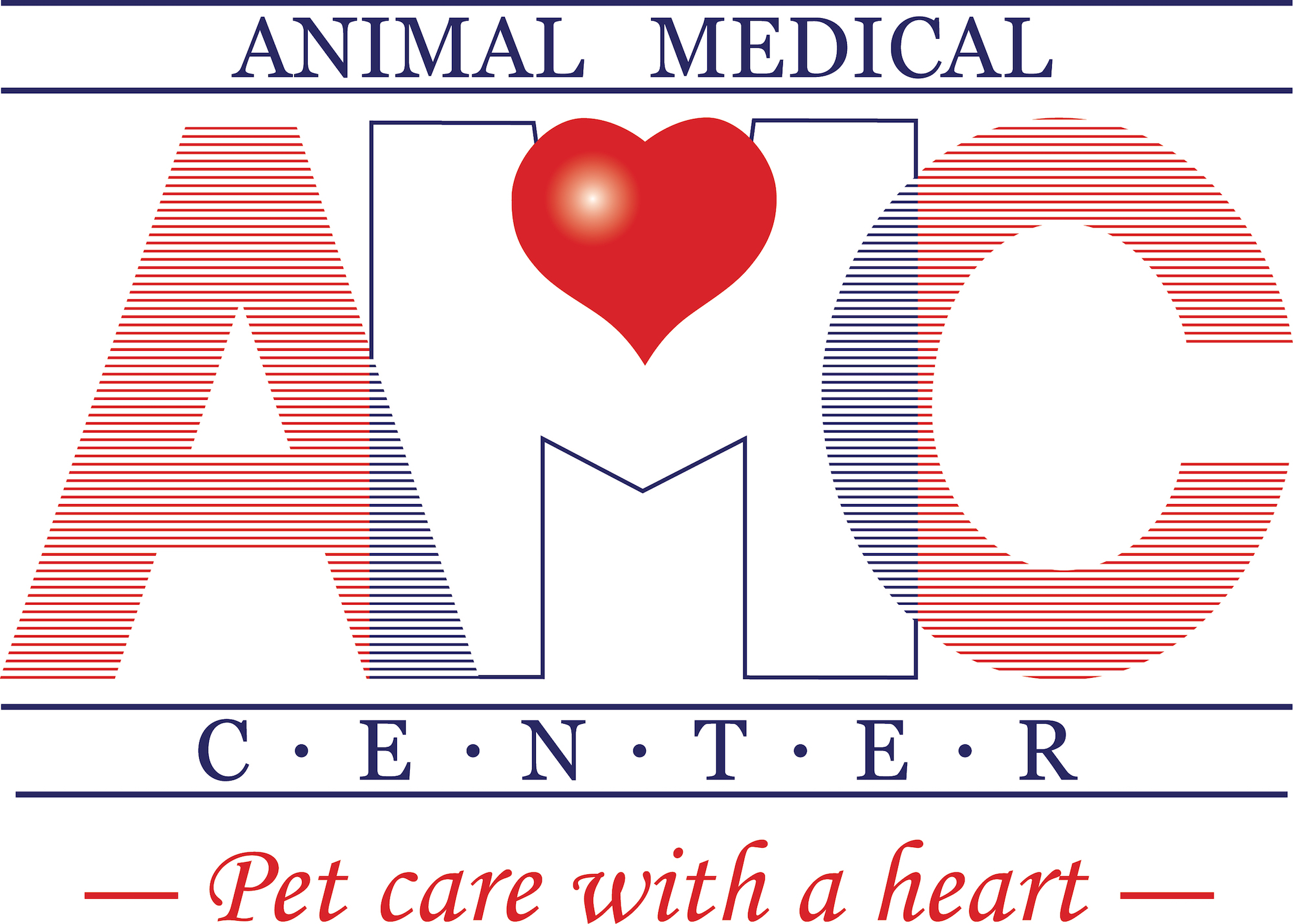Library
-
Crate training is useful in many situations, such as providing a safe place when home alone or unsupervised. Dogs that are calm in their crates experience less distress when they need to travel, visit the veterinary hospital, or stay at a boarding facility. Starting while your dog is young makes training easier, but even adult dogs can be trained to relax in a crate. If your dog shows signs of distress (e.g., prolonged vocalization, eliminating inside the crate, trying to escape, salivation) while using the training methods provided in this handout, consult your veterinarian.
-
Dogs can have hearing loss due to increasing age or chronic ear infections, or they may be born with a defect. Deafness in dogs can present some challenges, but overall they can have healthy, normal lives. Training is still possible by making some modifications and incorporating hand signals. It is important to take their deafness into account when considering their safety and ensure that they are never off leash on or near a street.
-
Internal Parasites in Dogs
En general, hay dos tipos de parásitos internos que afectan al perro. En primer lugar están los nematodos o gusanos redondos, de los cuales Toxocara canis (el gusano redondo intestinal más común) y Diarofilaria immitis (el gusano cardiaco) son los principales ejemplos. En segundo lugar tenemos los cestodos o gusanos planos, de los cuales Dipylidium caninum y las especies Taenia y Echinococcus son ejemplos importantes.
-
Hip Dislocation and Postoperative Care in Cats
La cadera es una articulación sencilla compuesta por una bola y un cuenco, que puede realizar una gran cantidad de movimientos en todas las direcciones y su función es permitir un adecuado movimiento de las extremidades posteriores.
-
Once a pet has lost some weight, the new goal is to make sure that excess weight stays off. Pet parents who partner with their veterinary health care team for support and who focus on changing their behaviors often have the most success. Examples of some changes include using a different food or a different feeding method, focusing more on portion control, and incorporating some movement or activity time into each day. This article addresses several commonly asked questions about how to help a pet during the maintenance phase (after the weight has been lost).
-
Microchipping Your Dog
Es importante asegurarse de que su perro dispone de un sistema de identificación, ya sea el perro más querido por la familia o un valioso animal de exposición. La identificación permanente se ha diseñado para ofrecer un modo útil de reunir los perros extraviados con su propietario.
-
Microchips contain a unique identification number, and they are inserted with a needle under the skin between a pet's shoulder blades. The number is registered to your name, so if your dog gets lost, the number connects your dog to you. Microchips provide reliable, permanent identification for your pet.
-
Distemper in Dogs
El moquillo es una enfermedad vírica altamente contagiosa que afecta a los perros domésticos. Otras especies como hurones, mapaches y mofetas también se ven afectadas por esta enfermedad.
-
Motion sickness in dogs is a common problem. It is more common in younger dogs than in adults. Many adult dogs become anxious or nauseous during travel due to a lack of conditioning and the overwhelming, unusual stimuli associated with moving inside a vehicle. Signs your dog may be experiencing motion sickness may include whining, drooling and smacking lips, pacing, vomiting or diarrhea, and lethargy or inactivity. The best way to ease your dog’s travel anxiety is by taking several short trips before embarking on a long haul. If your dog seems to need more help to stay calm during travel, speak to your veterinarian about anti-nausea medication, anti-anxiety medications, as well as natural calming agents such as pheromones.
-
Most dogs seem to take moving in stride, if they are with are with their familiar social group. Try to anticipate changes in the dog’s routine and introduce the changes prior to the move. Familiarize your dog with any novel noises that might be associated with the new home. If there will be new pets or people in the new home, arrange introductions ahead of time in a neutral location. When you arrive at your new home, give your dog plenty of time to adjust before trying to leave him alone.

